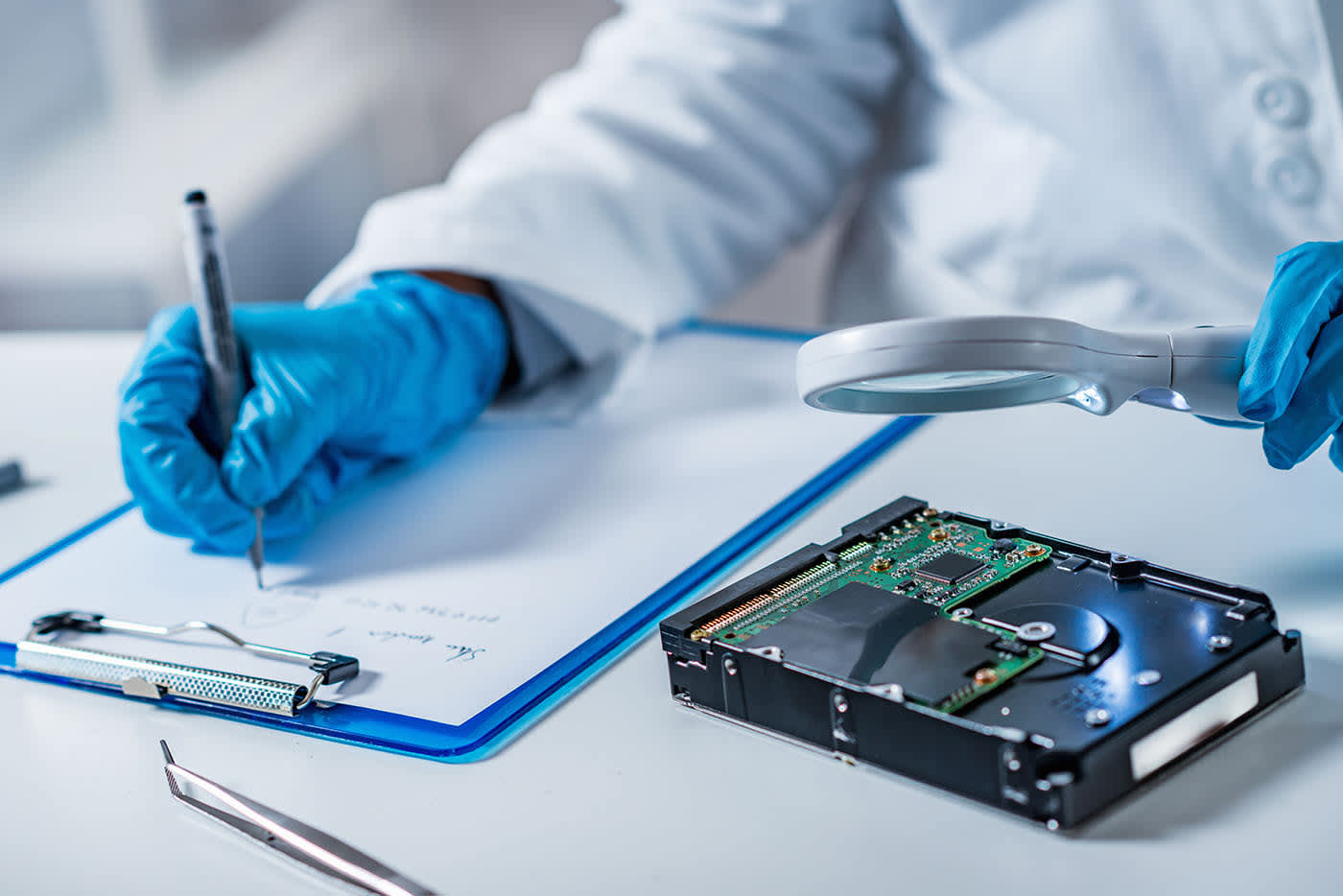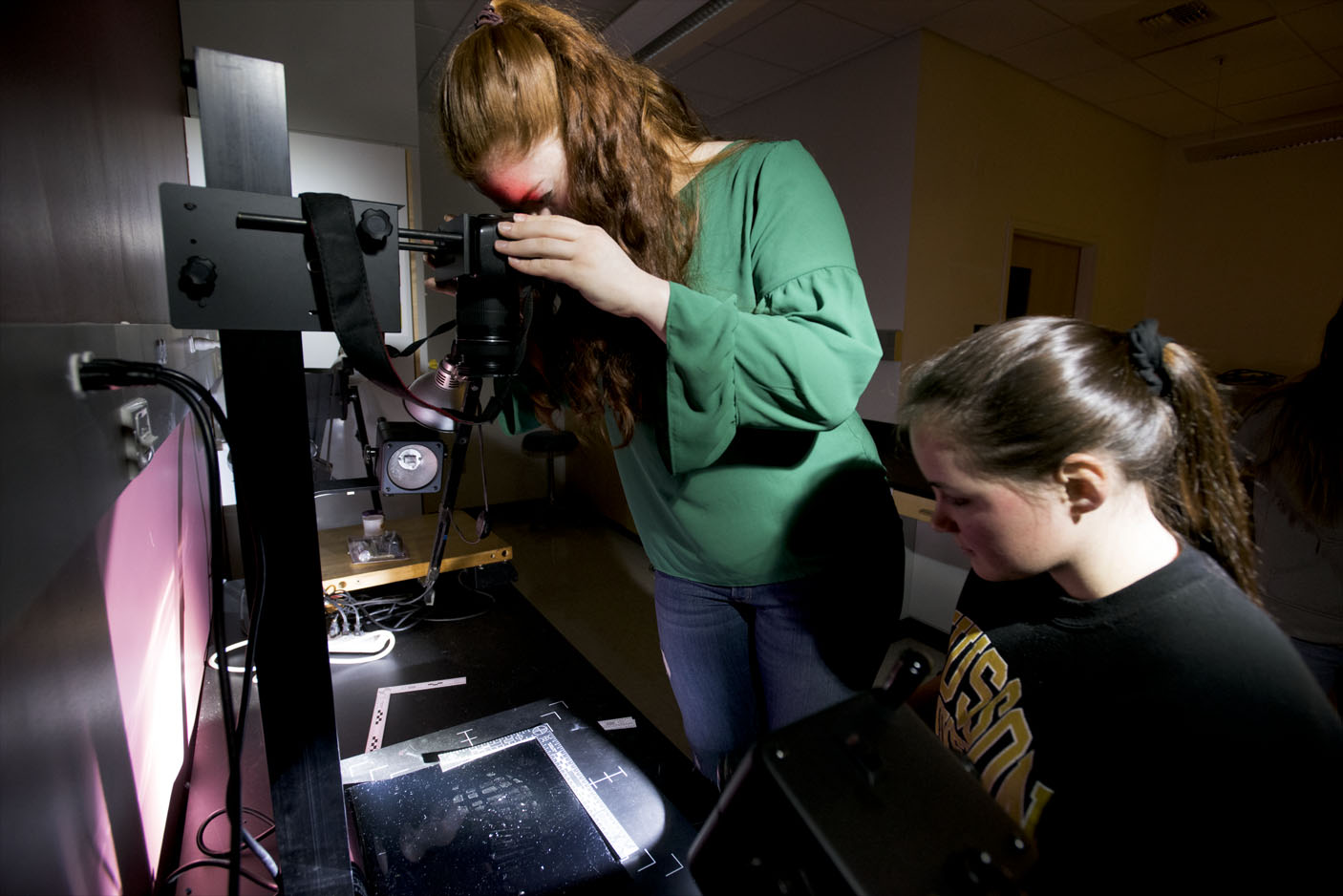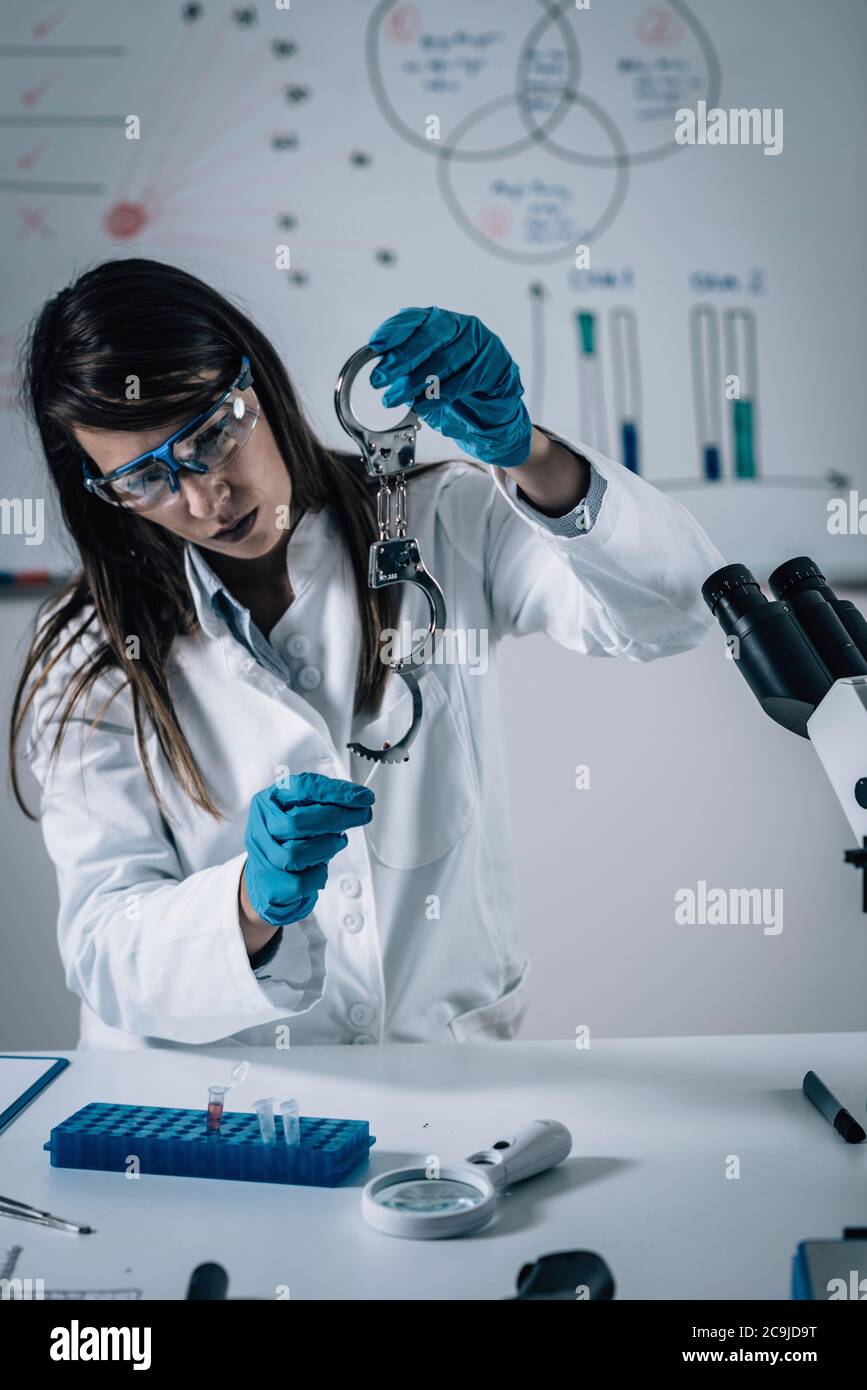Forensic Science Technician Requirements - , the world loves stories about crime labs and the technicians who work in them. And for good reason—the science used to solve crimes in the lab can be fascinating, and the work of crime lab technicians directly contributes to making the world a safer place. Cut to commercial.
A crime lab technician (or forensic technician) can be an exciting and unique alternative career choice for experienced paramedics and paramedics, although unsurprisingly additional training is often required. Armed with first-hand experience in trauma and emergency medicine and all the challenges that come with it, many first responders can offer a uniquely valuable perspective inside the forensics lab.
Forensic Science Technician Requirements

As with Emergency Medical Services (EMS), working in a crime lab offers unique excitement, excellent job security, and a real opportunity to help others—and yes, catch the bad guys! As a bonus, forensic crime lab technicians also enjoy the benefits of a fixed schedule and established work environment, which can be very attractive to EMS workers looking for a more predictable shift schedule and a quieter work environment.
What Is A Forensic Science Technician & What Do They Do?
The primary function of a crime lab is to use the latest scientific equipment and forensic technology, along with a variety of test methods and laboratory findings, to obtain and document evidence for law enforcement. This highly scientific analysis also helps legal investigators identify the most important leads for their cases.
Much of a forensic technician's work takes place in a crime lab - which probably won't be as well-lit and glamorous as the ones on TV. I'm sorry. Some cases may require additional field work.
Many crime labs work in the public sector for local or state law enforcement agencies. But there are also jobs in the private sector - usually called "criminology analyst" or "forensic laboratory analyst".
Many crime lab technicians also work in more specific specialties in the field, such as blood spatter analysis, fingerprint analysis, or ballistics.
Forensic Science Technician Job Description: Salary, Skills, & More
The role of a crime lab technician requires discipline, attention to detail and solid analytical thinking skills.
Most days start with a certain routine of laboratory preparation. This includes checking that all equipment and machinery are in good working order, that all materials are present and accounted for, and that there are no persons or objects that could contaminate the experiments. It is a painstaking and demanding process, because if one little thing is out of place or done wrong, evidence of a crime can easily be spoiled or become inadmissible in court.
As mentioned earlier, most forensic laboratory work takes place in the crime laboratory, where different types of physical samples collected from crime scenes are analyzed and documented. Just like a day in the life of a paramedic or paramedic, it's impossible to predict what each day will bring, but that's part of what makes this career so interesting and exciting.

Some forensic lab technicians may occasionally be asked to work in the field - collecting evidence samples from crime scenes and morgues. But once they are collected, the technician must return directly to the lab to perform the analysis. Again, delays or detours may render evidence inadmissible.
The Forensic Science Academy: Get Hands On Training And Start Your
Sometimes crime technicians may testify in court as expert witnesses or investigators briefly on the nuances of a particular lab result. You've probably seen it on TV.
One of the great things about the crime lab is that they work a regular 40 hour week with the option of overtime for time sensitive cases. Most lab technicians typically work a standard schedule of 8:00 AM to 5:00 PM including weekends and holidays.
However, forensic lab technicians may work evenings, weekends or holidays in emergencies where time is of the essence, but this does not happen regularly.
Most crime lab technicians work in a sterile environment, so lab coats, gloves, and masks are almost always required. In addition, it is usually necessary to wear visible identification because they are working with sensitive evidence at a crime scene.
Forensic Sciences Careers
The minimum requirement to become a crime lab technician is a high school diploma, although most labs will require one
Some labs may also require a degree in a related field. Contact local crime labs and law enforcement agencies to find out the exact requirements for employers in your area.
Most public sector labs do not have certification and licensing requirements to become a crime lab technician. However, it will be difficult (or impossible) to get a position without formal training and education - watching shows is not enough. Analyzing crime scene evidence is serious business, and investigators want to know they're working with people who know what they're doing and can trust to get the job done right.

Some laboratories only hire forensic laboratory technicians with an associate's degree, others require a bachelor's degree, and some do not require a degree if the technician can demonstrate the necessary laboratory skills, knowledge, and experience.
Forensic Science Online Degree
Crime laboratory technicians have the option of obtaining certification for special laboratory practices. The American Board of Criminology (ABC) oversees these certifications and offers certification in the following areas:
Each exam lasts three hours and includes 220 exam questions – 60% from the specialty area and 40% from the general CCE exam. After passing the exam, crime laboratory technicians receive a special status - graduate (for those who have a diploma with more than two years of laboratory experience, usually reserved for supervisors), associate (for all diploma requirements and an additional certificate of expertise), or associate (for people with degree or associate degree who are just completing the first two years of experience).
Again, while no specific certification is required to work as a crime lab technician, obtaining a certification can open the door to better career opportunities and set you apart from other job applicants.
In many programs, candidates have the opportunity to work in a supervised laboratory to gain hands-on experience.
Forensic Science (minor)
For those employers who don't require any formal college education or certification, it won't take long. However, given the competitive nature of today's job market, few employers do.
As mentioned earlier, the most common requirement to become a forensic lab technician is an associate or graduate degree in forensic science (or a related field).
A degree in biology or a related field usually takes four years. The professional degree can be completed in two years or less, depending on the course load.

From EMT to Crime Lab Technician How will my experience as an EMT help me become a crime lab technician?
Alternative Jobs For Emts & Paramedics In 2023
EMS or paramedic experience is a relevant and valuable asset to aspiring crime lab technicians in several ways. Some of the benefits include:
The Bureau of Labor Statistics does not provide salary data* for each type of crime lab technician (for example, a crime lab analyst with a bachelor's degree vs. a forensic lab technician with a bachelor's degree), but the BLS
According to the BLS, in 2021 crime lab technicians earned an average salary* of $66,850 per year (or $32 per hour). However, as in all fields, it's important to know that experience, education, industry, certification, and location can affect your compensation.
Crime lab technicians work in a variety of industries, and some are better paid than others. These are the highest paying jobs for crime lab technicians:
What's It Like Being A Forensic Science Technician?
Where you work across the country as a crime lab technician can also affect your salary. These are the states with the highest salaries for crime lab technicians:
As an experienced EMT or paramedic with strengths in analysis, organization and observation, you can use and build on your unique perspective and experience in emergency medicine to expand and begin an exciting career in forensic science. With jobs in this field expected to grow by 16 percent by the end of the decade, many labs are looking for skilled, trusted workers who will take on the challenge.
If you are not yet an EMT and want to gain real-world experience before becoming a crime lab technician, you should start with EMT certification training. Emergency medical services are a great way to start before moving on to related fields in science, healthcare or law enforcement.

Lab Technician and EMS Paramedic jobs are in high demand, and employers are looking for hard-working and dedicated employees to join their teams. If you are interested in any of these careers, all you need is the courage to take the first step. Good luck!
Bachelor's In Forensic Science
Https:///wp-content/uploads/2022/08/shutterstock_794397154.jpg 4912 7360 Alyssa Jordan https:///wp-content/uploads/2017/08/unitek-emt-logo.svg Alyssa Jordan 2022-08- 08 10:15:14 2022-10-24 14:02:36 EMT to Crime Lab Technician: EMT Career Guide
Although this blog may occasionally contain information related to Unitek EMT programs or courses, most of the information on this blog is for general informational purposes only and is not intended to represent the specific details of any Unitek EMT educational offering or opinion.
*Please note that salary data provided by the Bureau of Labor Statistics (BLS) or other third-party sources may not reflect accurate data for all areas of the country, may not take into account employees' years of experience, and may not reflect employees' starting salary or level looks like the graduates of our program. (accessed 11/15/2021)
This site uses cookies. By continuing to browse the site, you agree to our use of cookies.
Forensic Science Degree
We may request the placement of cookies on your device. We use cookies to let us know when you visit our websites, how you interact with us, to enrich your user experience and to customize your relationship with our websites.
Click on the different category headings to find out
Forensic science technician, forensic science technician degree, forensic science technician education, forensic science education requirements, forensic science technician near me, forensic science technician schools, forensic science technician education requirements, forensic science technician programs, forensic science technician colleges, forensic science degree requirements, forensic science major requirements, forensic science technician degree requirements
0 Comments